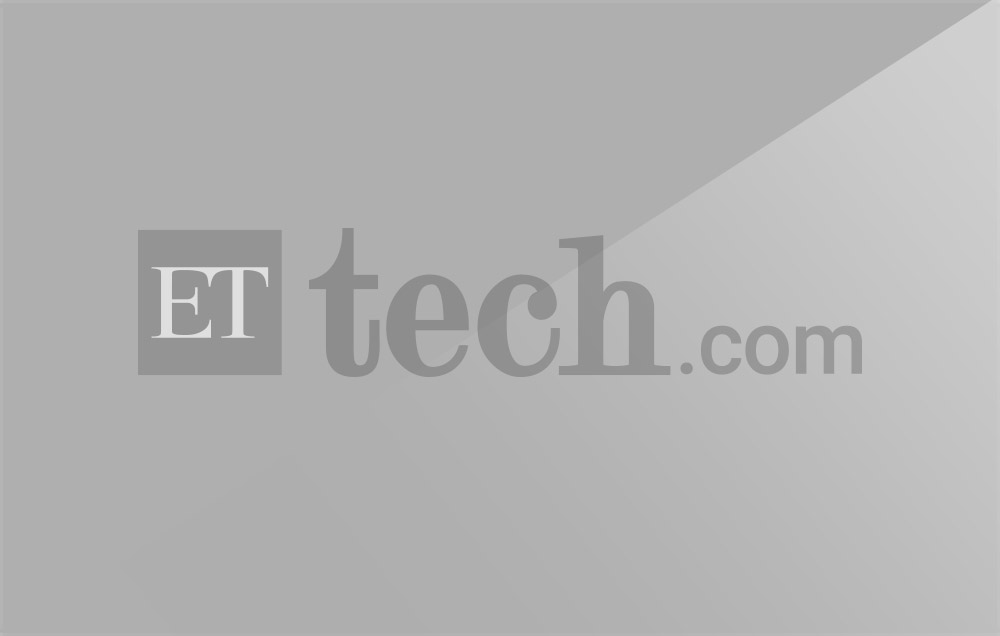
Consumers who order food online are paying more for it. Food delivery apps Zomato and Swiggy – which control the market – have raised delivery fees over the last six months, introduced dynamic discounting, tightened order cancellation rules and hiked prices of their loyalty programmes.
Along with reduced discounts overall, this has hit order numbers, restaurants listed on these platforms and analysts told ET. “The drop in order volume is estimated at about 5-6% every month since October for Zomato and December for Swiggy, in line with when these platforms tightened policies,” an analyst tracking the sector said requesting anonymity, citing confidentiality. “How the dynamics change post-Uber Eats deal will be clearer next month,” he added.
Last week, Zomato acquired Uber’s food aggregator business in India, Uber Eats, for $350 million in an all-stock deal. Uber gets about 10% stake in Zomato following the deal. Zomato has introduced “on time or free delivery” – meaning, if a consumer opts to pay an additional Rs 10 on select restaurants, he/she is guaranteed free order if it is not delivered within the promised time.
It has also raised prices of its Gold membership and started cross-selling at checkouts to increase average order value by suggesting side offerings. Swiggy, too, has increased delivery charges in some cities, tightened cancellation rules and order escalations, and raised prices of its loyalty program ‘Super’. “Profitable and sustainable business models are starting to take centerstage, with market leaders attracting a vast majority of investments,” said Ankur Pahwa, Partner, Ernst & Young.
Read: Giving 10% stake for 20% more business is worth it: Deepinder Goyal
For instance, Zomato has adopted a staggered delivery charge for consumers, depending on the distance, order value and restaurant. Consumers pay anywhere from Rs 16 – the base charge – to more than Rs 45 for small-value orders in Bengaluru. The company previously made deliveries free beyond a certain limit.
In Bengaluru, Zomato has added a surge fee of up to Rs 25 on orders during peak hours, and delivery fee of Rs 11 on its meal-for-one offering, which was earlier free. “For food delivery, fee has been implemented in tandem with the maturity as well as the growth of the sector,” a spokesperson for Zomato said.
Swiggy, too, has increased its delivery charges in select small towns and cities, and increased night-time delivery charges in select locations. Over the course of the year, the company has also raised its delivery fees, charging Rs 31 for delivery of orders under Rs 98, and Rs 21 for deliveries beyond that limit in Bengaluru. Previously, the company had a maximum delivery charge of Rs 20 and did not charge for orders beyond a certain amount.
“Our overall focus remains to improve customer experience both in terms of speed and selection. While we’ve revised delivery fees in certain cases, we continue to offer Super subscription for consumers seeking convenience and affordability,” a Swiggy spokesperson said.
Read: What 2020 holds for Indian Internet majors
Discounts down
Over the last six to eight months, the two dominant players have also started passing on restaurant packing charges and certain taxes to consumers and cut down on losses per order. The average discount on food tech platforms has dropped by 200 basis points since the middle of 2019, according to research firm RedSeer Consulting.
On the loyalty front, Swiggy has hiked prices of its Super programme by 20%. The company now charges Rs 349 for a three-month membership, up from Rs 179 previously. Zomato, too, has hiked prices of its loyalty program, Zomato Gold. The service, which was introduced at Rs 999 for one year, will now cost 1,800, an 80% increase. Zomato had previously offered Gold at just Rs 299 for three months. “We had raised the price of Zomato Gold after discussion with the restaurant industry,” the Zomato spokesperson said.
Slowdown in growth
The combination of increased costs passed on to consumers and discounts being slashed has slowed the overall growth of the sector. RedSeer Consulting estimates that the food ordering market in India will grow by just 35% in 2020, reaching 1.5 billion orders, expected to be its slowest pace of growth in the last five years. This is a sharp reduction from the 205% growth in 2019 when it hit 1.1 billion orders, the analyst quoted earlier in the story said.
Earlier this month, ET reported that Swiggy has begun charging higher commissions from restaurants in regions where its service is nearing maturity, as it shifts focus to monetising its core food ordering business. Zomato, which bought Uber Eats to strengthen its presence in the southern markets, is also following in its wake.
Leave a Reply